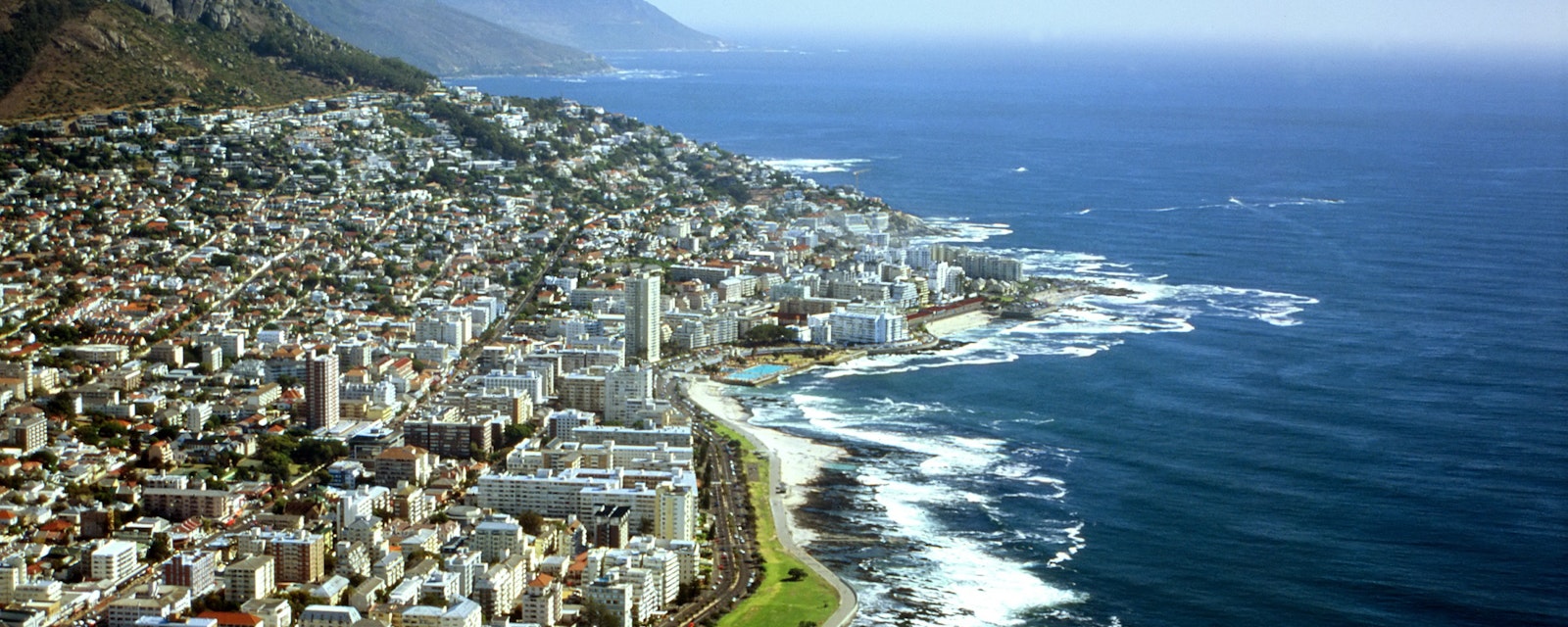President Cyril Ramaphosa remains under pressure from the Phala Phala ‘farmgate’ scandal; the investigations by the public protector investigation and the South African Reserve Bank (SARB) are the main signals to watch. His finance minister stands newly accused of alleged sexual harassment.
While nothing may happen while the case proceeds, another potential ministerial departure is hardly what the depleted National Treasury (NT) needs. The wider governing ANC also faces deepening pressure, with the latest polls raising the question not only of whether but also of how far below 50% the party’s vote share may drop in the 2024 legislative elections.
Presidential Problems
Ramaphosa remains under pressure from the Phala Phala ‘farmgate’ scandal. The parliamentary committee on finance wants the SARB to report back on potential violations of foreign exchange regulations in relation to the US dollars allegedly stashed in a sofa at the Phala Phala farm and later stolen. Appearing before the committee this week, SARB Governor Lesetja Kganyago would not be drawn on details when questioned by MP Floyd Shivambu (Economic Freedom Fighters (EFF)) but said that an investigation was ongoing. The timelines are unclear; the committee’s chair, Joe Maswanganyi, said that the legal teams from both institutions would decide on a date. The matter also remains under investigation by acting Public Protector Kholeka Gcaleka; her findings and recommendations will be important to watch.
Treasury Troubles
In recent days, Finance Minister Enoch Godongwana has also come under pressure over an accusation of sexual harassment. A formal case has reportedly been opened. Little might happen while the case is under investigation, but Godongwana would struggle to stay on if formal charges are brought. The EFF has already called for his immediate removal.
It is difficult to view such a scenario as anything other than a downside for the NT. For one, the NT has already seen enough instability and personnel turnover, both at the ministerial and technocratic level, in recent years. Secondly, there are few other ANC leaders as skilled as Godongwana at navigating the party’s treacherous policy divisions. Finally, there are fewer and fewer credible replacements in the pipeline; one of the few good options would be former deputy finance minister Mcebisi Jonas, but he may be reluctant to join the administration.
ANC Attrition
The ANC’s broader electoral decline also appears to be deepening. The party is now widely expected to drop below 50% of the vote share in the 2024 legislative elections, but the question is increasingly shifting to how fast and how far this could drop below 50%.
In recent days, local media have reported on two opinion polls which, on the surface, suggest an accelerating decline. A supposedly internal ANC poll cited by the Afrikaans Rapport newspaper puts the ANC’s approval rating at an unprecedented 38%, the Democratic Alliance (DA)’s on an unprecedentedly high 27%, the EFF’s at 10%, and ActionSA and the Inkatha Freedom Party (IFP) at 6% each. Nothing about the polling methodology was disclosed. The second poll, by market research company Ipsos, has the ANC at 42%, the DA at a low 11%, the EFF on 9%, and ActionSA on 3%. It is important to note that the Ipsos poll surveys all eligible voters, rather than registered voters, which would provide a more likely projection of election outcomes.




